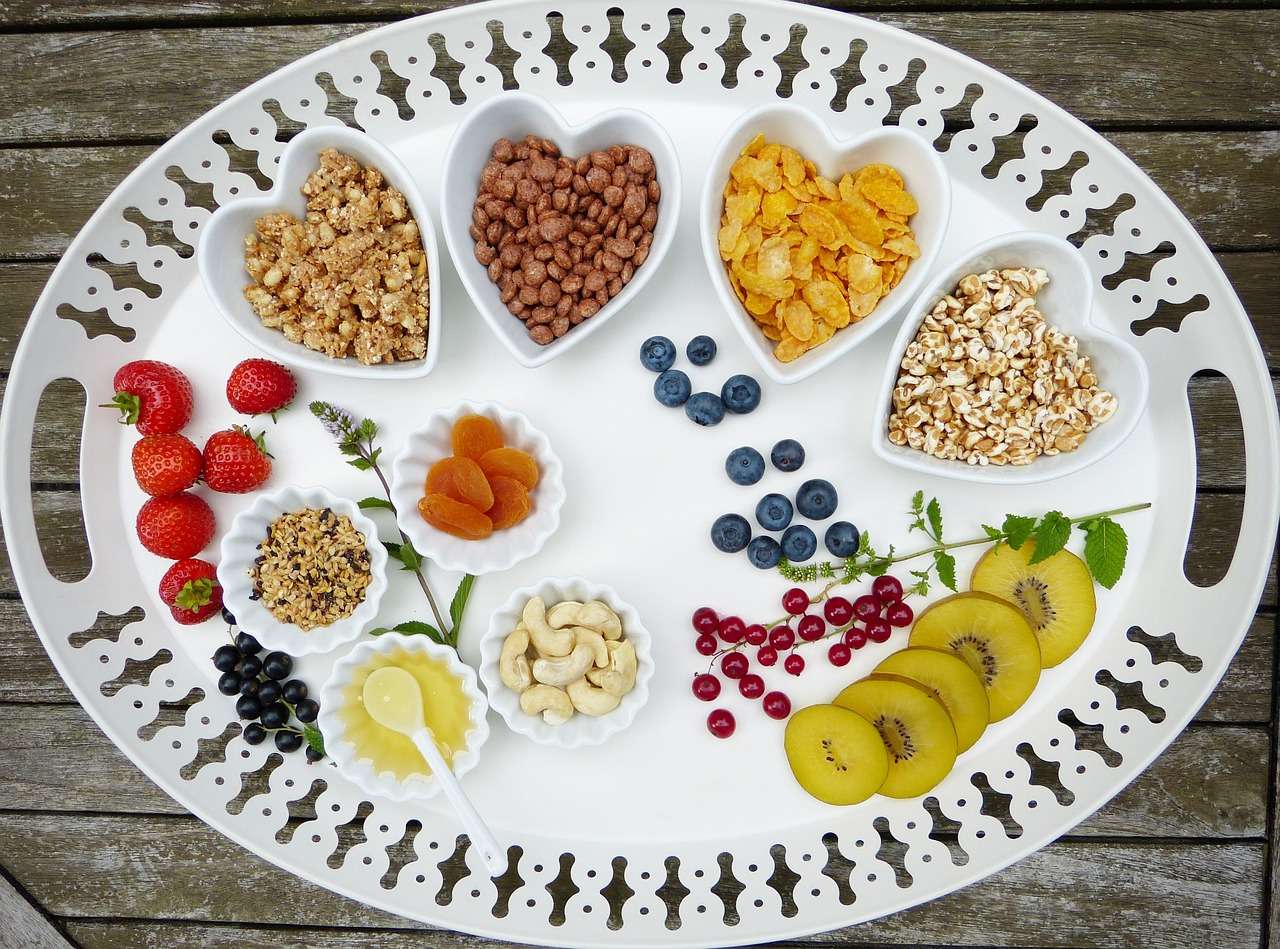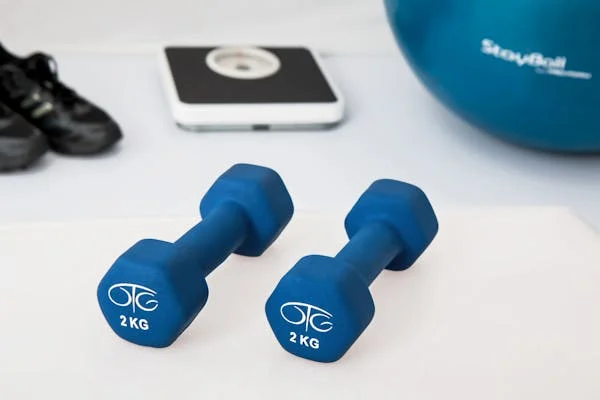Are you sick and weary of trying diet after diet that seems to make promises but doesn’t work for you? You’re not the only one searching for the finest diet to help you lose weight quickly. It can seem impossible to find a sustainable answer in a society full of contradictory advice and fad diets.

But worry not—we’ll explore the topic of the best diet for weight loss fast in this thorough guide and reveal the real story behind the top diet for quick weight reduction. Prepare to learn useful techniques, dispel popular misconceptions, and set out on a path to a happier, healthier version of yourself.
Understanding the Best Diet For Weight Loss Fast:
Gaining a thorough understanding of the underlying concepts guiding weight loss is the first step toward effective weight loss. To provide readers with the information they need to make wise choices regarding their health and well-being, we’ll go into the mechanics of weight loss in this part.
Comparing Calories In and Out:
Fundamentally, energy balance is what weight loss is all about. You have to eat fewer calories than your body uses in order to lose weight. This concept, often simplified as “calories in versus calories out,” forms the foundation of every successful weight-loss strategy. Top of Form
A calorie deficit is produced when your body continuously consumes less calories than it requires for maintenance. This causes your body to burn fat that has been stored as energy, which results in weight reduction.
Knowing Your Basal Metabolic Rate (BMR):
The number of calories your body requires at rest to maintain the most fundamental physiological activities is known as your basal metabolic rate (BMR). Your BMR is influenced by variables like body composition, weight, age, and gender. Knowing your basal metabolic rate (BMR) can assist you in figuring out how many calories you must consume daily to lose weight.
The Function of Macronutrients:
Although calorie consumption is important for weight loss, the type of calories you eat also has an impact. Macronutrients, which include fats, proteins, and carbs, are important for your body’s operations and can affect your efforts to lose weight.

For instance, protein is well-known for its function in satiety and muscle regeneration, whereas carbs offer the energy needed for exercise.
Addressing Common Misconceptions:
There are a lot of myths and misconceptions around weight reduction. It’s critical to distinguish reality from fiction when it comes to diets that promise quick weight loss or the notion that some foods have the ability to miraculously melt fat away.
This section will dispel popular misconceptions about weight reduction and offer evidence-based advice to help readers cut through the clutter and concentrate on proven weight loss techniques.
The Importance of Sustainable Habits:
Long-term success depends on durable habits, even though quick weight loss may seem alluring. Extreme methods and crash diets frequently result in temporary gains that are followed by weight gain when old habits return.

Readers can attain long-lasting outcomes and continue their weight loss over time by emphasizing sustainable lifestyle changes, such as embracing a balanced diet, increasing physical activity, and managing stress.
This part equips readers with a thorough understanding of the science underlying weight loss, enabling them to make knowledgeable judgments regarding their lifestyle choices and food choices.
With this information at hand, readers will be more qualified to choose the fastest-acting diet for weight loss that best suits their needs and objectives.
Popular Diets for Fast Weight Loss:
Many gravitate to popular diets that promise quick results in their search for speedy weight loss. Although the methods and limitations of these diets differ, they all aim to encourage rapid and frequent substantial weight loss.
This section will examine some of the most well-liked diets that are well-known for helping people lose weight quickly and will go over the underlying theories of each.
The Keto Diet:
The Keto Diet is a high-fat, low-carbohydrate eating plan designed to put the body into a state of ketosis, which is characterized by the body burning fat for energy rather than carbs.
The keto diet can result in quick weight loss by significantly lowering carbohydrate intake and raising fat consumption. principally by early-stage loss of water weight. Concerns exist, nevertheless, about the long-term viability of high-fat diets and possible health hazards.
Paleo Diet:
Also referred to as the “caveman diet,” the paleo diet eliminates processed foods, grains, dairy products, and legumes in favor of an emphasis on foods that our ancestors would have consumed during the Paleolithic era, such as lean meats, fish, fruits, vegetables, nuts, and seeds.
Paleo diet proponents assert that by avoiding processed meals and emphasizing whole, nutrient-dense foods, their diet encourages weight loss. Although the paleo diet can be successful for some people in losing weight, its rigid nature might make it difficult to follow for an extended period of time.
Intermittent Fasting:
popular methods of intermittent fasting include the 16/8 method, which involves fasting for 16 hours and eating within an 8-hour window, and the 5:2 method, which entails eating regularly for five days a week and drastically cutting calories on two non-consecutive days.
Because intermittent fasting improves metabolic health and lowers total calorie consumption, it is thought to aid in weight loss. Although studies indicate that intermittent fasting may be useful for weight loss, there are differences in adherence and some people may have adverse consequences, such as hunger when fasting.
Low-Carb Diets:
Low-carb diets limit the amount of carbohydrates consumed while enabling a higher intake of fat and protein. These regimens, which include the South Beach Diet and the Atkins Diet, reduce insulin spikes brought on by consuming carbohydrates in an effort to control blood sugar levels and encourage fat burning.
Low-carb diets can cause drastic weight reduction, especially in the beginning. However, because of their restriction and possible negative effects like exhaustion and diarrhea, they can be difficult to stick to over the long run.
Mediterranean Diet:
The Mediterranean diet, which emphasizes whole, minimally processed foods like fruits, vegetables, whole grains, lean proteins, and healthy fats like olive oil and almonds, is based on the customary eating habits of the nations that border the Mediterranean Sea.
The Mediterranean diet, well-known for its heart-healthy qualities, has also been linked to better metabolic health and weight loss. As opposed to more restrictive diets, the Mediterranean diet emphasizes general eating patterns as opposed to precise macronutrient ratios, which makes it a viable choice for long-term weight control.
We’ll provide readers with a summary of these well-liked diets so they can understand the different strategies and ideas that underpin them all. It is imperative to acknowledge that there isn’t a single diet that works for everyone and that the optimal diet for rapid weight reduction can differ based on personal tastes, requirements, and medical factors. To guarantee safety and efficacy, it is imperative to speak with a healthcare provider prior to starting any diet program.
Examples of Effective Approaches:
While there are numerous successful diets, for the sake of this piece, we’ll concentrate on two popular, extensively studied strategies that help accelerate weight loss. These are a few choices:
Low-Calorie Diet (LCD): This traditional strategy involves consuming fewer calories per day than burning them off. Mention passing the 500–1000 calorie shortfall per day as a suggested range for accelerating weight reduction, and emphasize any possible advantages such as accelerated starting weight loss.
Intermittent Fasting (IF): This eating strategy alternates windows of eating and fasting. Give a brief explanation of the various IF techniques, such as the well-known 16/8 strategy (fasting for 16 hours and eating for 8 hours). Bring up the advantages of losing weight, such as increased insulin sensitivity and possibly consuming fewer calories overall.
Conclusion:
Although there isn’t a single, effective best diet for weight loss fast, you can get started on the right track with these healthful methods. Recall that long-term success is the result of enduring habits rather than shortcuts.
To develop a customized plan for safe and efficient weight loss, put an emphasis on eating a balanced diet, give whole foods priority, and think about speaking with a physician or certified dietitian. You can feel your best and accomplish your goals with the appropriate strategy. Click to learn more.
FAQs:
1. Is there truly a single “optimal diet for rapid weight loss”?
No one responds well to the same diet. For quicker outcomes, healthy habits and a calorie deficit are essential.
2. Are these “fast” diets not going to be harmful?
Fad diets are frequent. Prioritize enduring practices like as managing portion sizes and consuming nutrient-dense meals.
3. How can I lose weight more quickly in a healthy way?
Cut back on calories, give fiber and protein priority, and take into account strategies like intermittent fasting or low-calorie diets.
4. Could you provide instances of successful strategies?
Diets low in calories (consuming fewer calories than burned) or intermittent fasting (alternating between periods of fasting and eating) may be beneficial.
5. Question: Should I consult a physician or dietitian?
Definitely! They can evaluate your needs and make recommendations for the most effective, individualized weight loss plan.

1 thought on “Fast Track to Fitness: Exploring the Best Diet for Weight Loss Fast”